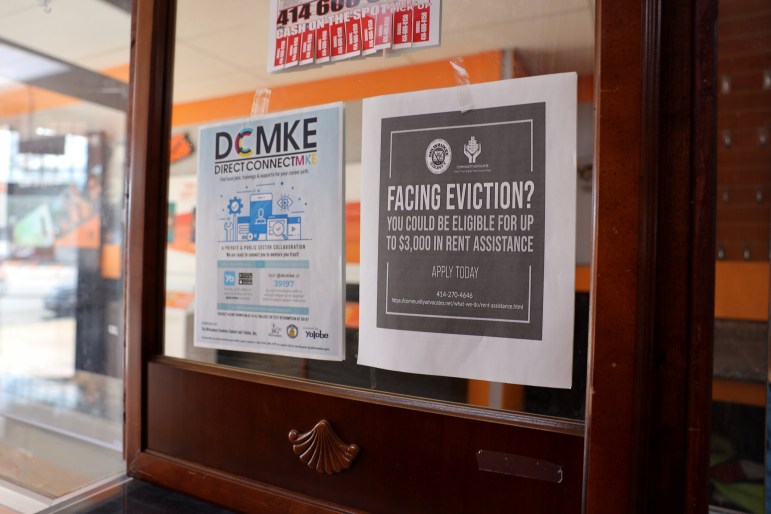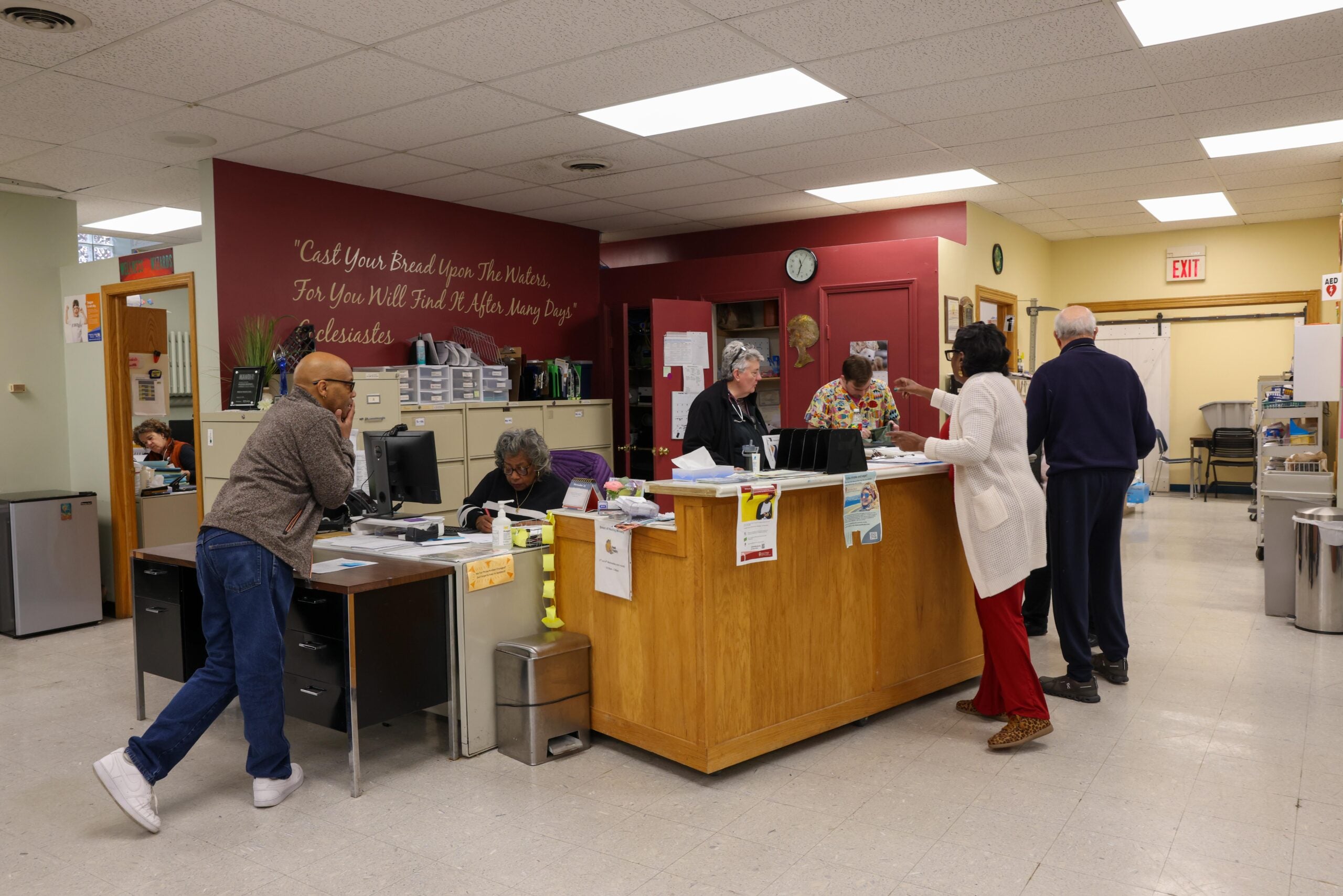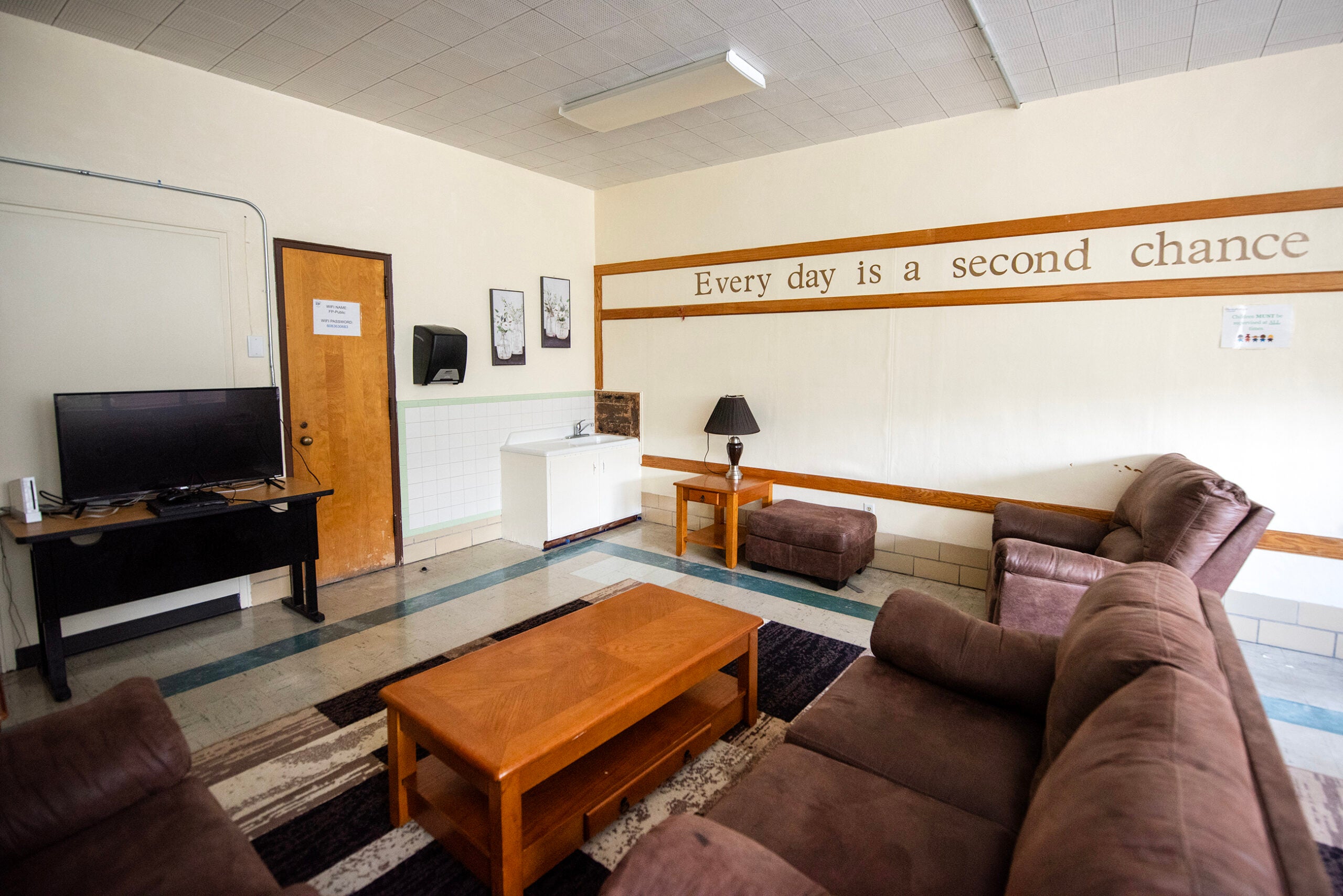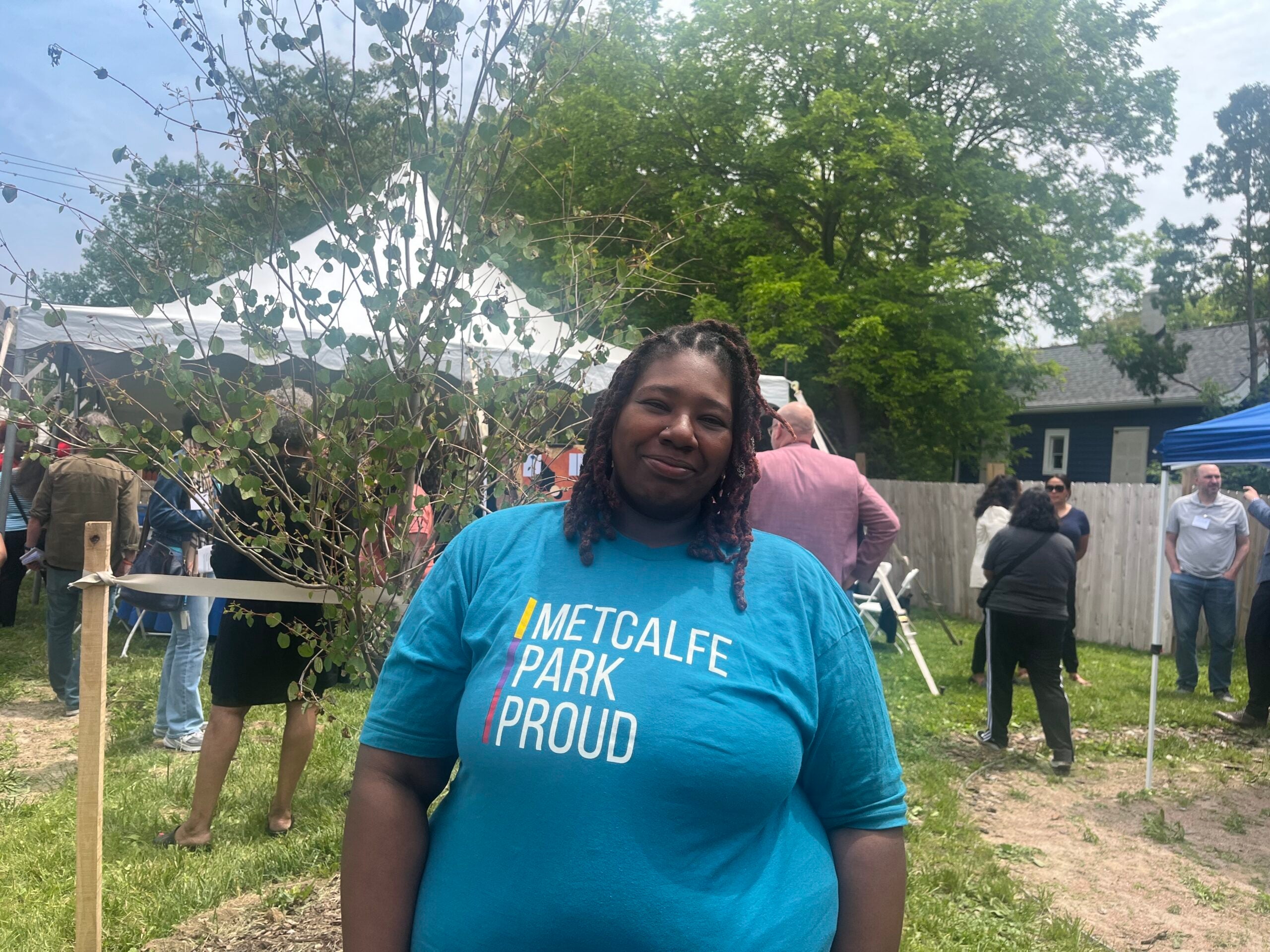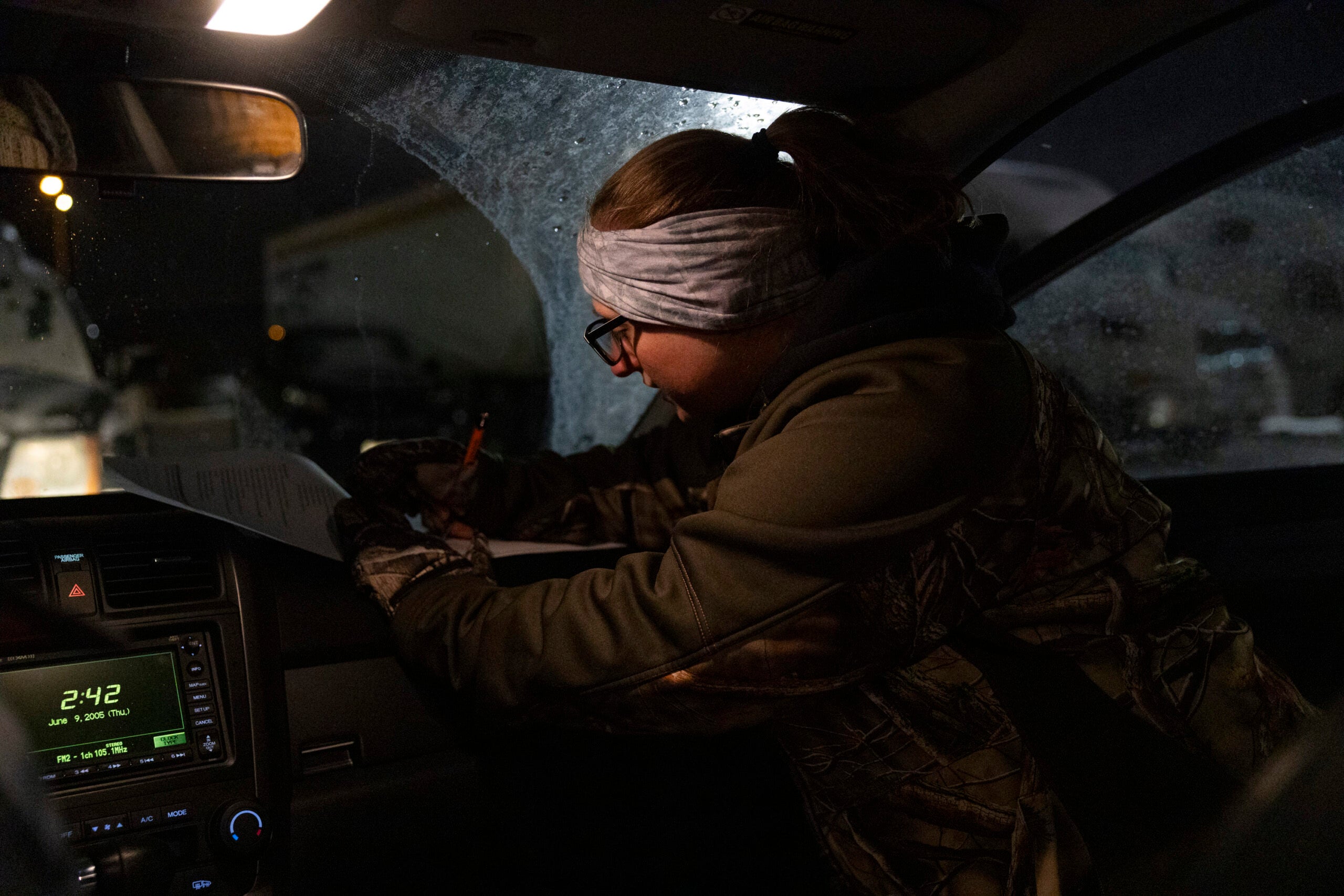In the city of Ashland at the northern tip of Wisconsin, the coronavirus pandemic has forced renters struggling to pay their monthly bills into a delicate dance with landlords also worried about paying their tax and utility bills.
Renters are paying as much as 70 percent of their monthly income on housing, and the scarce number of affordable rental properties in the area are being converted into Airbnb vacation homes, leaving many families homeless.
Kathy Beeksma, executive director of the City of Ashland Housing Authority, said there’s an inadequate number of affordable rentals in the city, and many wouldn’t pass health or safety inspections.
News with a little more humanity
WPR’s “Wisconsin Today” newsletter keeps you connected to the state you love without feeling overwhelmed. No paywall. No agenda. No corporate filter.
“The homeless rate has gone up, and there is no shelter here,” Beeksma said, adding that the closest homeless shelter is more than 60 miles away and is always full. “Because of some funding opportunities, we’re hoping a building will be dedicated as a shelter, but that will be a year. And winter is harsh up here, it’s awfully brutal.”
Beeksma spoke during a virtual roundtable Wednesday hosted by Opportunity Wisconsin, Black Leaders Organizing for Communities and Citizen Action of Wisconsin about how the pandemic has exacerbated Wisconsin’s housing crisis.
As of April,155,000 Wisconsin renters, or about 13 percent, weren’t current on their rent, according to a new report by Opportunity Wisconsin.
The federal eviction moratorium issued in September 2020 expires June 30.
Milwaukee resident Debra Gary has had times in her life when she struggled to pay her bills. She has ended up in court and has relied on help from friends and family. While she’s in a good situation now, she said one bad thing can happen — job loss or an extra bill — and it can devastate someone’s life.
“There are resources available, but it’s difficult to let people know, and sometimes people are on a waiting list and run out of time when it’s their turn,” Gary said during the roundtable.
Gary said without the eviction moratorium, people wouldn’t have had time to come up with a plan B or C, which is what they needed during the pandemic.
“Not to mention the devastation on children and their schooling,” she said. “If you don’t have a home, how can children attend (virtual) school?”
Joanne Lipo Zovic, with Mediate Wisconsin, a nonprofit that provides mediation services for foreclosures and evictions in Milwaukee, said she doesn’t believe the moratorium will be extended because many of the COVID-19 restrictions have been lifted.
Wisconsin received $306 million from the Emergency Rental Assistance Program to help low-income renters pay the mounting backlog of rent and $90 million in grant funding for homelessness reduction programs.
Lipo Zovic said she hopes if the moratorium is lifted, landlords and renters will work together rather than flooding the courts.
“I know the apartment association has said to their membership, ‘Just hold off on everything, there is funding let the funding get to people,’” Lipo Zovic said. “We want as much stability as possible. Hopefully the things that are in place are going to keep moving and the things that are happening are going to hope to improve it. But it is definitely a slow process.”
Wisconsin Public Radio, © Copyright 2026, Board of Regents of the University of Wisconsin System and Wisconsin Educational Communications Board.
